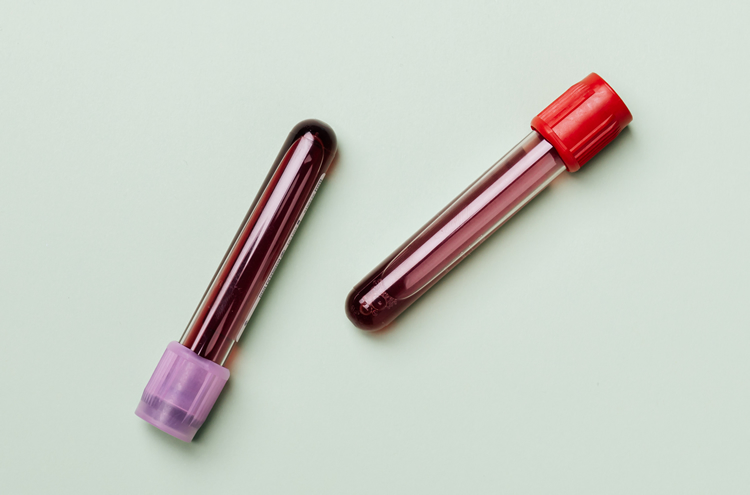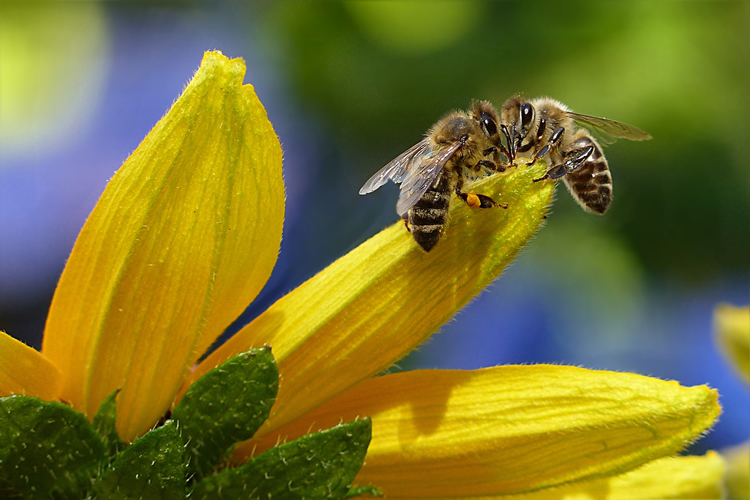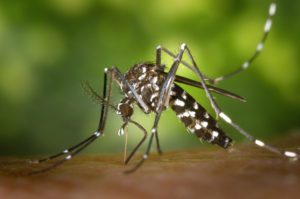We all know how much mosquitoes love our blood. Last week I wrote about how they love the salty flavor of human blood. But do mosquitoes have blood?
Mosquitoes are arachnids and invertebrates. Mosquitoes have blood – of sorts! Invertebrates have a substance akin to blood, which is called hemolymph. Hemolymph consists of fluid plasma, which suspends hemocytes (hemolymph cells). This circulatory system is not responsible for respiration, like our blood. For a long time, scientists did not believe that insects required oxygen transport, because hemolymph doesn’t contain hemoglobin like human blood. Later on, they discovered that some invertebrates actually do have hemoglobin in their tracheal system, which helps with respiration. Who knew mosquitoes have blood?

Mosquitoes have hemolymph, which is sort of like blood.
Also read: I just killed a mosquito. Whose blood is that?
What other animals have hemolymph?
Mollusks, crustaceans, and insects also have this blood type. The difference is in the way hemolymph functions in their systems. Mosquitoes and other invertebrates have a closed circulatory system. This means that their “blood” circulates inside of blood vessels. Insects, mollusks, and crustaceans have open circulatory systems. This means that their hemolymph is not in blood vessels. Rather their hearts pump hemolymph into an open cavity. It circulates through their organs and reenters the heart. Bees have open circulatory systems hemolymph.

Bees also have “blood.”
More about mosquitoes

Asian tiger mosquitoes are out for blood.
There are lots of interesting mosquito facts. Did you know that there are more than 3,000 known mosquito species? Not to worry, though! In the US, we have less than 200 species. There are many mosquito-borne illnesses, such as Zika virus, West Nile virus, and Malaria. More than 40 species of mosquitoes in the United States are known to carry West Nile alone. All mosquito diseases are passed to humans and other animals by female mosquitoes only. Males stick to strict diets of nectar.
Female mosquitoes are very resourceful when it comes to laying their eggs. After they feed on human blood, they seek water in which to deposit their clutch. Did you know that it doesn’t take much water for this to happen? They can lay eggs in as little water as is held inside a bottle cap. For this reason, it is very important to keep unnecessary waste and pooling water items away from our homes. The farther they have to do to lay their eggs, the less chance you might have encountering them. Some mosquitoes live their entire lives within a very small radius, because they are not long-distance fliers. See more information about practicing the 7 T’s of mosquito control!
See more mosquitoes questions and answers:
